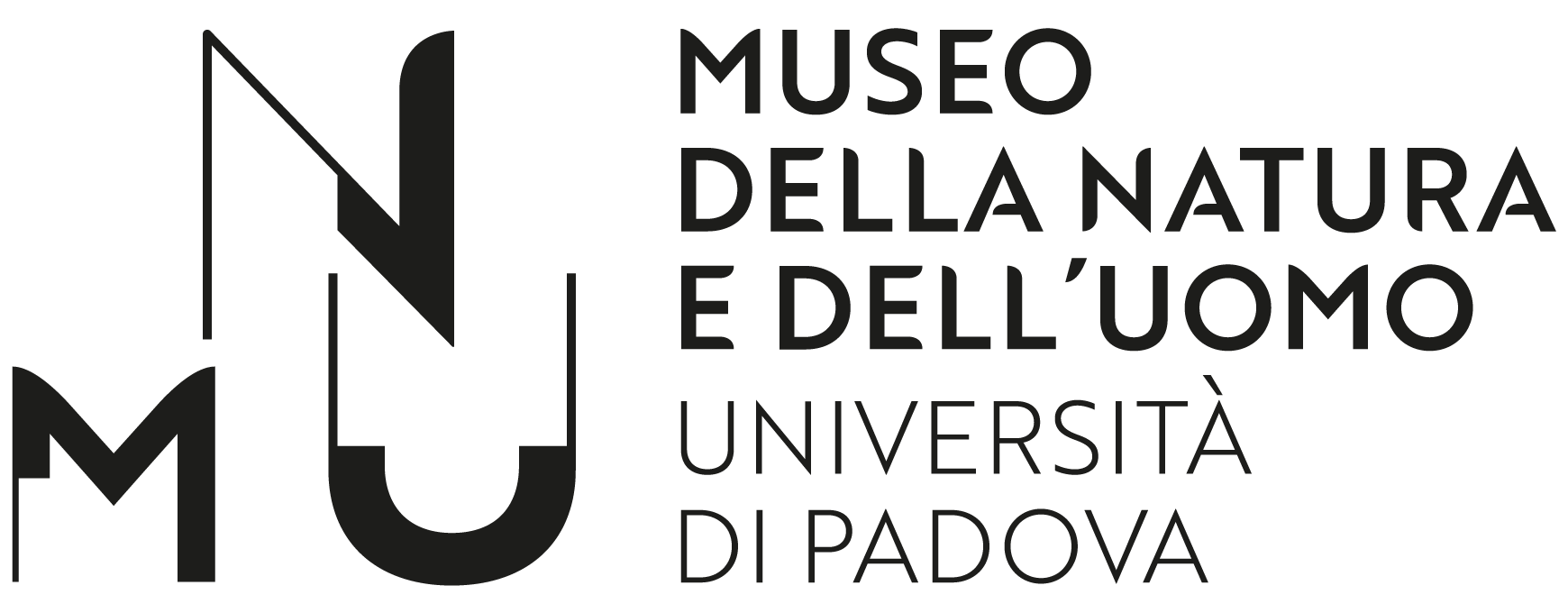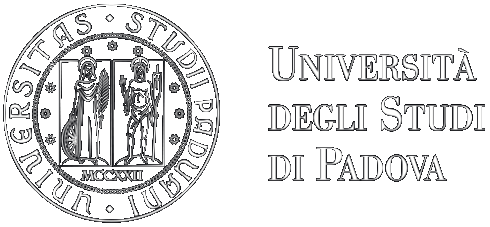In just six months since its inauguration on 23rd June, the museum has welcomed 50,969 visitors, contributing significantly to the University of Padua’s cultural sites’ total attendance of 407,344 visitors in 2023 – marking a new historical record. Leading this impressive turnout is the Botanical Garden, a UNESCO heritage site, boasting 227,305 visitors. Following closely are Palazzo del Bo and the Museum of Nature and Humankind, forming a cohesive trio of cultural sites within the ‘Padua City of Science’ itinerary, operating in close synergy.
“To have exceeded, for the first time, four hundred thousand visits is a result that makes us extremely happy”, says Daniela Mapelli, Rector of the University of Padua. “These are encouraging figures: a tangible sign of how much appeal culture still has in the population. This rewards our decision to open, as a concrete legacy following the celebration of our eight hundredth anniversary, two new museum venues: the Botanical Museum, inside the Garden of the same name, and the Museum of Nature and Humankind. Our museum heritage increasingly reflects one of the great strengths of the university: its multidisciplinary nature, its ability to recount different knowledge, united by a great fascination. I want to thank all the people who work, on a daily basis, to make our museums work at their best.”
The University’s investments in the third mission have led to the creation of a unique heritage on the national stage, bridging cultural and scientific domains. This synergy is particularly evident today, facilitated by a unified ticket granting access to the Museum of Nature and Humankind, Palazzo del Bo, and the Botanical Garden from 9th February. Additionally, museums participating in the ‘Sunday at the Museum’ initiative until 31st January—such as the Museum of Archaeological Sciences and Art, Museum of Geography, Giovanni Poleni Museum of the History of Physics, and Enrico Bernardi Museum of Machines—are part of this collaborative effort. The ‘Padua City of Science’ initiative is progressively materializing, offering promising developmental opportunities for both the University and the city.


